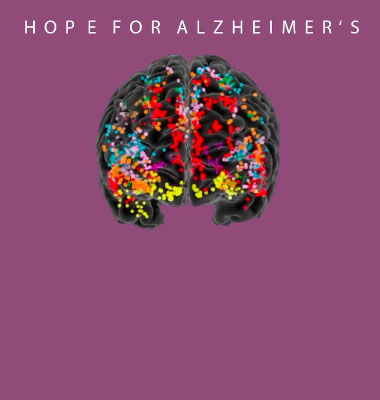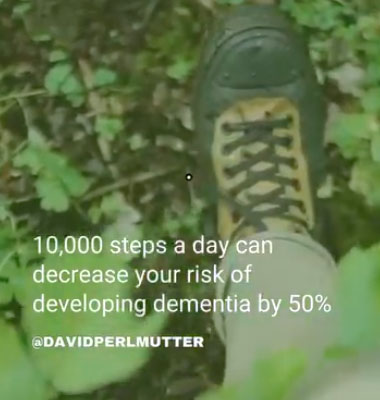Reprehenderit maiores iste dolorum asperiores assumenda, libero pariatur, aliquid hic enim amet.

Welcome to our resource hub dedicated to empowering individuals with information on brain health and fighting chronic diseases such as Alzheimer’s. Here, we consolidate the latest research and insights on lifestyle changes that show promise in stopping, preventing, and potentially reversing the effects of Alzheimer’s. .......




















Research highlights that insulin resistance is not just a concern for those with diabetes; it plays a significant role in neurodegenerative diseases as well. Dr. Austin Perlmutter, in his article "Is Sugar Toxic to Your Brain?) , points out that our brains may struggle to access glucose as we age ......





One of the most significant effects of exercise on brain health is its ability to enhance blood circulation. Research outlined in "The Alzheimer Solution" by Dean and Aisha Scherzi indicates that aerobic activities—like walking, cycling, and swimming—improve blood flow to the brain, which is essential for cognitive function. .......















As our understanding of Alzheimer’s disease evolves, researchers are increasingly highlighting the crucial role diet plays in brain health. With insights from leading experts, we can explore how certain dietary patterns, including intermittent fasting and specific nutrient-rich foods, may help prevent cognitive decline and support overall brain function.....





As our understanding of Alzheimer’s disease continues to evolve, experts are advocating for a multifaceted approach to treatment. Rather than focusing solely on the presence of amyloid plaques, it’s essential to address the various factors that contribute to cognitive decline......
Alzheimer’s disease, a leading cause of dementia, is increasingly understood through the lens of overall vascular health. In "The Alzheimer’s Solution" by Dean and Ayesha Sherzai, the authors detail how various factors—including high blood pressure, high cholesterol, and metabolic imbalances—contribute to the development and progression of this debilitating condition........









. Explicabo labore est modi nesciunt neque id ex.

Reprehenderit maiores iste dolorum asperiores assumenda, libero pariatur, aliquid hic enim amet.